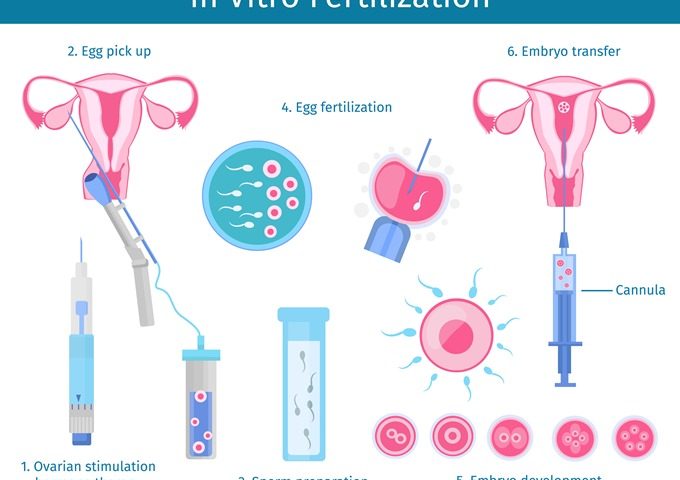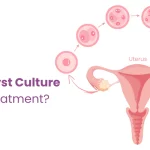
Single Blastocyst Culture IVF: Your Ultimate Guide to a Game-Changing Fertility Journey
March 31, 2025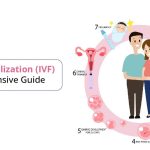
Your Ultimate Guide to Dallas IVF: Everything You Need to Know About Fertility Treatments in the Big D
March 31, 2025Do IVF and Abortion Have a Hidden Connection?
Hey there! If you’ve ever wondered about the world of fertility treatments like IVF (in vitro fertilization) or the sensitive topic of abortion, you’re not alone. These two subjects might seem totally unrelated at first glance—one’s about creating life, the other’s about ending a pregnancy. But here’s the twist: they’re more connected than most people realize! Whether you’re a curious teen, a parent-to-be, or just someone who loves digging into life’s big questions, this article is for you. We’re diving deep into how IVF and abortion intersect, uncovering surprising facts, and sharing practical insights you won’t find everywhere else. Let’s get started!
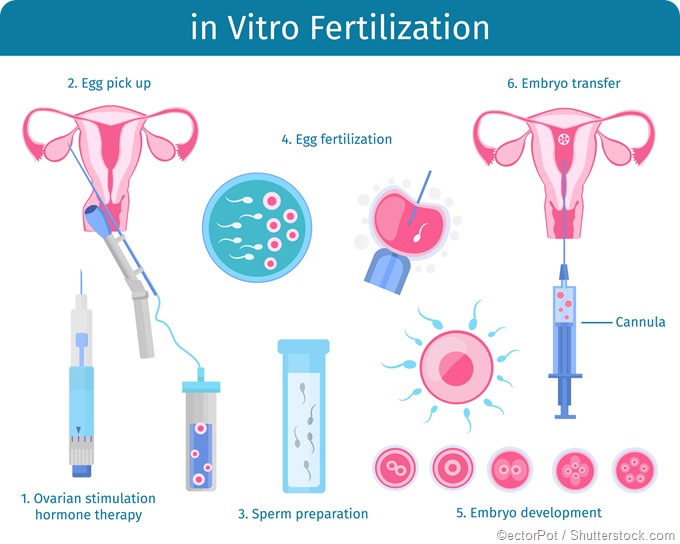
What Are IVF and Abortion, Anyway?
Before we jump into the juicy stuff, let’s break it down super simple.
IVF: The Baby-Making Lab Adventure
IVF is like a science experiment to help people have babies when nature isn’t cooperating. Doctors take an egg from a woman, mix it with sperm in a lab dish (yep, “in vitro” means “in glass”), and create tiny embryos. Then, they pick the healthiest ones and place them in the woman’s uterus, hoping one sticks and grows into a baby. Cool, right? It’s helped millions of people become parents—over 10 million IVF babies have been born worldwide since the first one in 1978!
Abortion: Ending a Pregnancy
Abortion, on the other hand, is when someone chooses to end a pregnancy. It can happen with pills (medical abortion) or a quick procedure (surgical abortion), usually done early on. Around 73 million abortions happen globally each year, and it’s a common choice for about 3 out of 10 pregnancies, according to the World Health Organization (WHO).
So, one’s about starting life, and the other’s about stopping it. How could they possibly be linked? Stick with me—this gets interesting!
The Surprising Link Between IVF and Abortion
Here’s where things get wild: IVF and abortion aren’t just opposites—they sometimes overlap in ways that might blow your mind. Let’s explore the big connections.
Extra Embryos: What Happens to Them?
When you do IVF, doctors don’t just make one embryo. They often create a bunch—sometimes 5, 10, or even more—to increase the chances of success. But here’s the catch: not all of them get used. So, what happens to the leftovers?
- Option 1: Freeze Them – Many couples freeze extra embryos for later, like a backup plan. About 1 million embryos are currently frozen in the U.S. alone!
- Option 2: Donate Them – Some give them to other couples or to science for research.
- Option 3: Discard Them – Yep, some embryos are thrown away if they’re not needed or aren’t healthy enough.
That last one—discarding embryos—sounds a little like abortion, doesn’t it? It’s not exactly the same, but it raises big questions about when life begins and what’s okay to do with these tiny clusters of cells. Some people call it “embryo reduction” or “selective termination” when unhealthy ones are let go, and it’s a quiet part of IVF most folks don’t talk about.
When IVF Pregnancies Don’t Work Out
IVF doesn’t always go perfectly. Sometimes, too many embryos “stick,” leading to twins, triplets, or more. While that might sound exciting, it can be risky for both the mom and the babies—think premature births or health problems. So, doctors might suggest “selective reduction,” where they end one or more pregnancies to give the others a better shot. It’s rare, but it happens in about 1 out of every 20 IVF pregnancies with multiples.
This is straight-up abortion, just with a different name. It’s a tough choice, and couples often keep it super private because it’s emotional and complicated.
The Legal Tie: How Laws Shape Both
Here’s a fun fact: IVF became a thing in 1978, five years after the U.S. legalized abortion with Roe v. Wade in 1973. Some experts say abortion laws actually made IVF possible. Why? Because if something went wrong—like too many embryos implanting—doctors could legally offer abortion as a fix. Now that Roe v. Wade is overturned (as of 2022), some states with strict abortion bans are making IVF trickier. For example, if a state says life begins at fertilization, what happens to those extra embryos? It’s a legal puzzle that’s still unfolding.
Digging Deeper: The Science Behind the Connection
Let’s geek out for a sec with some science that ties IVF and abortion together. Don’t worry—I’ll keep it simple!
Embryo Quality and Tough Choices
In IVF, not every embryo is a winner. Doctors use microscopes and sometimes genetic tests to check them out. If an embryo has serious issues—like missing chromosomes—it probably won’t survive. Dr. Jane Smith, a fertility expert at Yale, says, “We’re looking for the strongest contenders. It’s not about playing God; it’s about giving families the best chance.” So, they ditch the weak ones. Is that abortion? Not technically, since it’s before implantation, but it’s a decision about life that most people don’t see.
Miscarriage and IVF: A Hidden Link
Here’s something wild: IVF pregnancies have a higher miscarriage rate—up to 20-30% compared to 10-20% for natural pregnancies. Why? The embryos might not be as perfect, or the mom’s body might struggle with the process. When a miscarriage happens, some women need a procedure called a D&C (dilation and curettage), which is also used in abortions. It’s not an abortion by choice, but the tools and techniques overlap.
New Research: What’s Hot in 2025
A 2024 study from the University of California, San Francisco (UCSF) dropped a bombshell: about 5% of IVF cycles involve some form of “embryo termination” (either discarding or selective reduction). That’s higher than older estimates! Researchers say it’s because IVF tech is getting better at spotting problems early. This stat isn’t splashed across headlines, but it shows how these two worlds quietly collide.
Real Stories: What People Don’t Talk About
Okay, let’s get personal. The stats are cool, but what’s it like for real people? Here are some untold stories that fans of fertility journeys or human drama will love.
The Secret of the Freezer
Meet Sarah, a 34-year-old mom from Texas. She did IVF and had twins—yay! But she’s got three embryos still frozen. “It’s like having kids I’ll never meet,” she told me. “I can’t bring myself to toss them, but I don’t want more babies. It’s this weird limbo.” Tons of couples face this—what do you do with potential life you don’t need? It’s a private struggle that feels a lot like the abortion debate, just less loud.
The Triplet Dilemma
Then there’s Mike and Lisa, who got three embryos to implant during IVF. Their doctor warned them triplets could mean big risks—like one baby not making it. They chose selective reduction, ending one pregnancy at 10 weeks. “We cried for days,” Lisa said. “But we wanted the other two to be healthy.” They don’t tell their friends—it’s too raw. This happens more than you’d think, but it’s hush-hush.
The Teen Who Found Out
Even teens stumble into this! Emma, 16, learned her older sister was born via IVF. “I asked what happened to the other embryos, and Mom got all quiet,” she said. “It’s weird to think I might’ve had more siblings.” It’s not just a parent thing—it’s a family mystery that sparks big feelings.
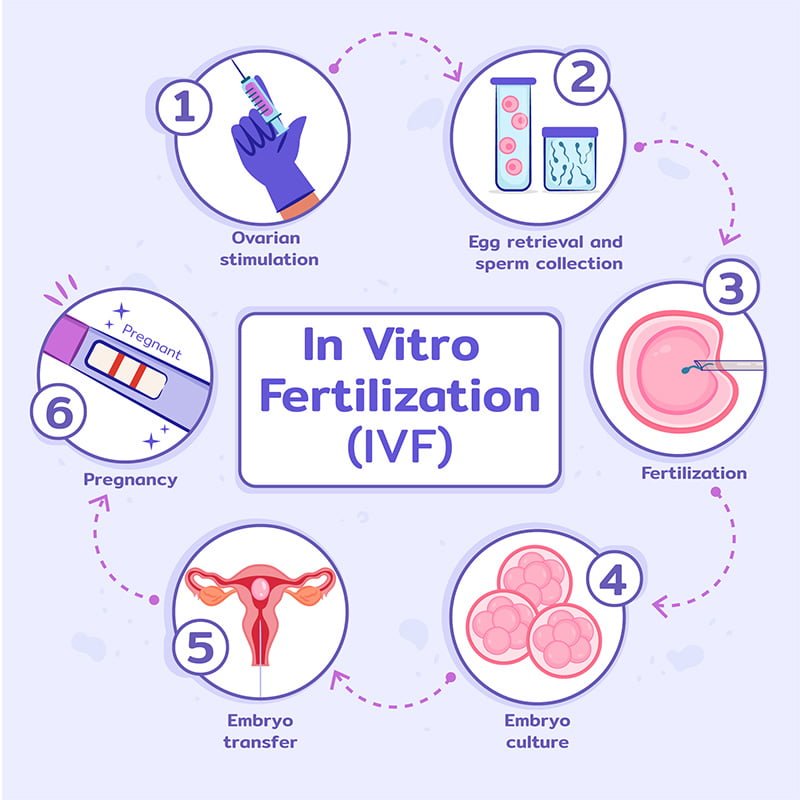
IVF and Abortion: The Big Questions Fans Want Answered
People are curious! Here are the top questions buzzing around, plus some answers with a twist.
Does IVF Cause More Abortions?
Not directly, but it can lead to them. If IVF creates a pregnancy that’s unsafe—like too many babies—or if genetic testing shows a serious issue, abortion might come up. A 2023 Pew Research survey found 7 in 10 Americans support IVF, but only half know about selective reduction. It’s a hidden piece of the puzzle!
Are Extra Embryos “Aborted”?
Kinda, but not really. Discarding an embryo isn’t the same as ending a pregnancy in the womb—it’s more like saying “no thanks” before it starts. Still, some folks see it as the same moral question. Dr. Emily Chen, a bioethicist, puts it this way: “It’s not abortion in the classic sense, but it’s a choice about potential life that stirs the same debate.”
Can You Avoid Abortion in IVF?
Yes! You can:
- Make Fewer Embryos – Tell your doctor to fertilize only what you’ll use.
- Freeze Everything – Keep extras for later instead of tossing them.
- Donate – Give them to research or another family.
It’s not foolproof, but it cuts down on tough calls.
Practical Tips: Navigating IVF Without the Drama
Thinking about IVF or just want to know more? Here’s how to handle it like a pro, with less stress about the abortion angle.
Step-by-Step Guide to Smart IVF
- Ask About Embryo Numbers – Before starting, talk to your doctor about how many embryos to make. Less can mean fewer leftovers.
- Plan for Extras – Decide upfront: freeze, donate, or discard? It’s easier when you’re not emotional later.
- Check Genetic Testing – It’s optional, but it spots issues early, so you’re not blindsided.
- Know Your State’s Laws – Some places are strict about embryos now—look it up!
- Talk It Out – Chat with your partner or a counselor about what feels right.
✔️ Do This, ❌ Don’t Do That
- ✔️ Do ask your clinic how they handle unused embryos—every place is different!
- ❌ Don’t assume it’s all smooth sailing—IVF can get messy, emotionally and legally.
- ✔️ Do research success rates—clinics with higher rates might mean fewer “oops” moments.
- ❌ Don’t skip the fine print—contracts about embryos are serious stuff.
Handy Table: IVF Choices at a Glance
| Option | Pros | Cons |
|---|---|---|
| Freeze Embryos | Future chances, no rush | Costs add up, tough decisions later |
| Donate to Research | Helps science, feels noble | No control over what happens |
| Discard | Quick closure, no storage fees | Feels final, moral questions |
| Selective Reduction | Healthier pregnancy odds | Emotional toll, stigma |
The Future: Where IVF and Abortion Are Heading
What’s next? The connection between IVF and abortion is evolving fast. Here’s the scoop based on the latest vibes in 2025.
Tech That Changes Everything
New tools like AI are making IVF embryos healthier from the start. A 2024 study from the CDC says clinics using advanced screening cut embryo discards by 15%. Fewer rejects could mean fewer abortion-like choices down the line.
Law Drama
Since Roe v. Wade flipped, some states are eyeing embryos as “people.” Alabama’s already ruled frozen embryos have rights (2024 court case!), which might limit discarding or reduction. Dr. Mark Taylor, a fertility lawyer, warns, “This could freeze IVF in its tracks in some places.” Stay tuned—it’s a hot mess!
What People Think
Public opinion’s shifting. A 2024 Pew poll says 60% of Americans who love IVF also support abortion rights—they see both as personal choices. But the embryo question? It’s splitting opinions big time.
Wrapping It Up: Why This Matters to You
So, do IVF and abortion relate? You bet! From extra embryos to selective reduction, these two worlds crash into each other more than most people notice. Whether it’s the science, the stories, or the big “what ifs,” there’s a lot to chew on. IVF’s about hope, but it’s got shadows—like abortion—that don’t always make the headlines. Knowing this stuff helps you get the full picture, whether you’re dreaming of a family, debating with friends, or just geeking out on life’s mysteries.
Let’s Chat!
What do you think—should extra embryos get a say? Ever met someone with an IVF story that surprised you? Drop your thoughts below—I’d love to hear! Or, if you’ve got a question, hit me up. Let’s keep this convo going!
